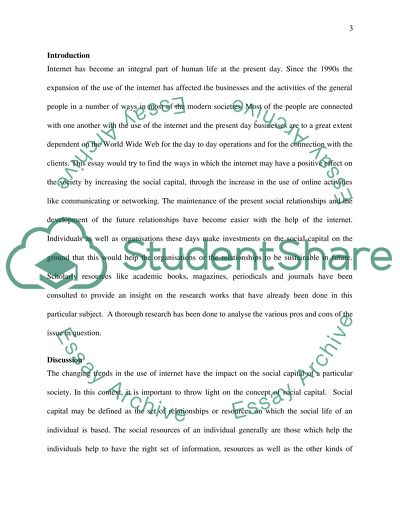Cite this document
(“Digital society Essay Example | Topics and Well Written Essays - 1750 words”, n.d.)
Retrieved from https://studentshare.org/sociology/1627678-digital-society
Retrieved from https://studentshare.org/sociology/1627678-digital-society
(Digital Society Essay Example | Topics and Well Written Essays - 1750 Words)
https://studentshare.org/sociology/1627678-digital-society.
https://studentshare.org/sociology/1627678-digital-society.
“Digital Society Essay Example | Topics and Well Written Essays - 1750 Words”, n.d. https://studentshare.org/sociology/1627678-digital-society.


